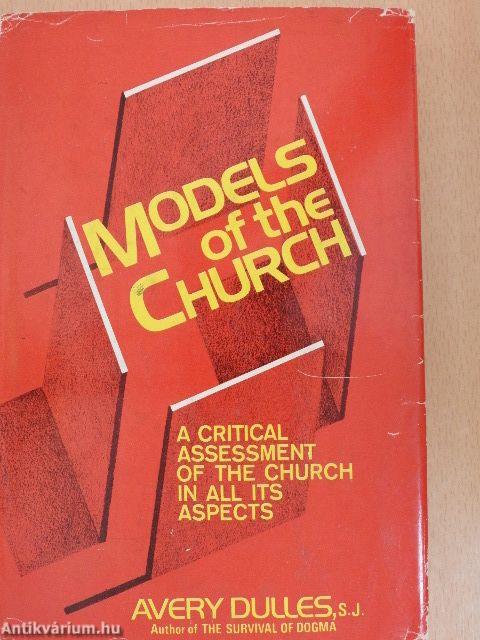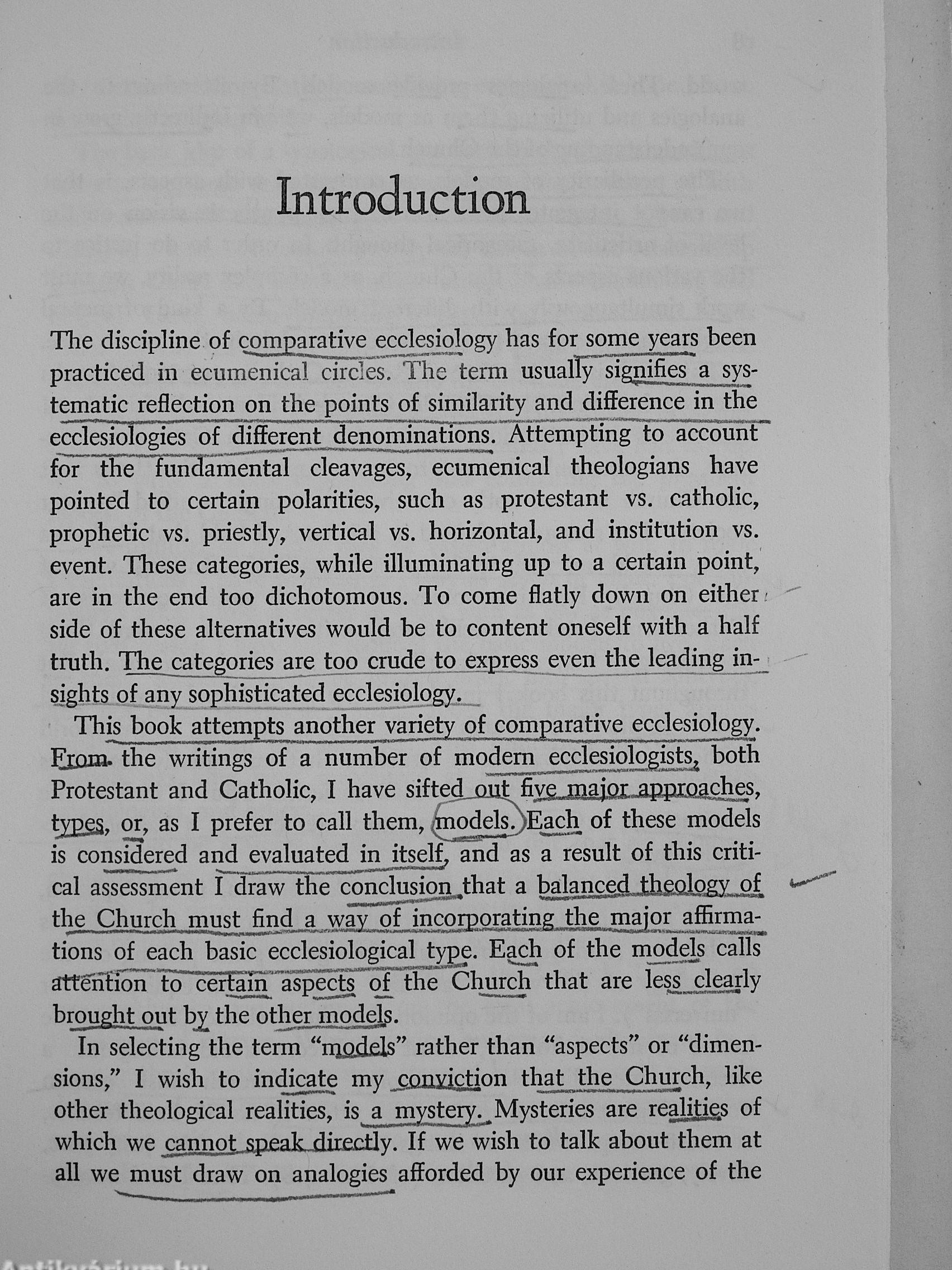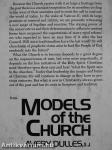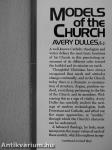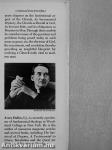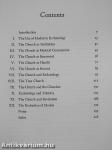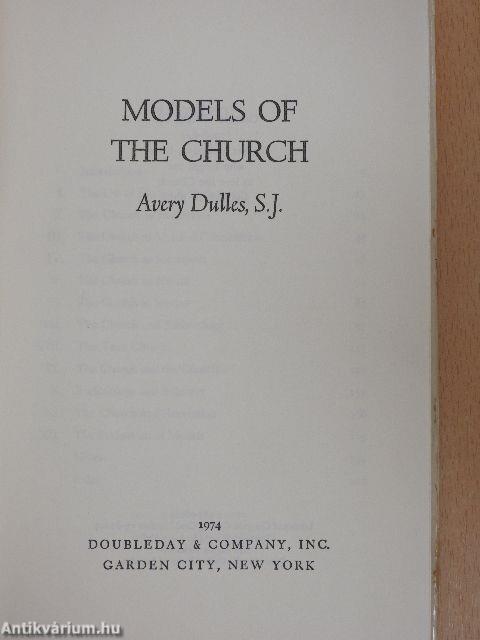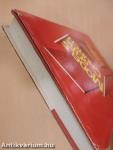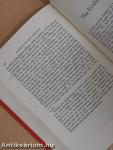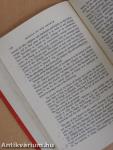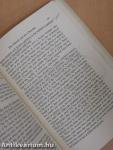1.117.919
kiadvánnyal nyújtjuk Magyarország legnagyobb antikvár könyv-kínálatát
Models of the Church
A Critical Assessment of the Church in all its Aspects
| Kiadó: | Doubleday & Company, Inc. |
|---|---|
| Kiadás helye: | Garden City |
| Kiadás éve: | |
| Kötés típusa: | Vászon |
| Oldalszám: | 216 oldal |
| Sorozatcím: | |
| Kötetszám: | |
| Nyelv: | Angol |
| Méret: | 22 cm x 15 cm |
| ISBN: | |
naponta értesítjük a beérkező friss
kiadványokról
naponta értesítjük a beérkező friss
kiadványokról
Előszó
TovábbFülszöveg
Because the Church carries with it so large a heritage from the past there is a constant temptation for its members to cling to the ways of their ancestors and to resist the call to confront the world of today. In the wake of Vatican II, with its large promises of renewal and reform, we are presently witnessing a new surge of legalism and reaction. The staying power of the conservatives and their determination to adhere to ancient forms have surpassed the expectations of starry-eyed reformers who expected to have an easy time of it after the last Council. Will static traditionalism have the last word? Or will churchmen of prophetic vision arise to lead the People of God resolutely into the future?
What the Church is to become depends to a great degree on the responsiveness of men, but even more importantly, it depends on the free initiatives of the Holy Spirit. Christians must therefore open their ears and hear "what the Spirit says to the churches." Under that leadership the... Tovább
Fülszöveg
Because the Church carries with it so large a heritage from the past there is a constant temptation for its members to cling to the ways of their ancestors and to resist the call to confront the world of today. In the wake of Vatican II, with its large promises of renewal and reform, we are presently witnessing a new surge of legalism and reaction. The staying power of the conservatives and their determination to adhere to ancient forms have surpassed the expectations of starry-eyed reformers who expected to have an easy time of it after the last Council. Will static traditionalism have the last word? Or will churchmen of prophetic vision arise to lead the People of God resolutely into the future?
What the Church is to become depends to a great degree on the responsiveness of men, but even more importantly, it depends on the free initiatives of the Holy Spirit. Christians must therefore open their ears and hear "what the Spirit says to the churches." Under that leadership the images and forms of Christian life will continue to change as they have in previous centuries. But what is new in Christianity always grows out of the past and has its roots in Scripture and tradition.
from
Church
AV6RY DULLGS,s J
Church
AVGRY DUU.G5,s J
A well-known Catholic theologian and writer defines the most basic functions of his Church in this penetrating assessment of its different roles toward the faithful and its mission on earth.
Thoughtful Christians have always recognized that needs and attitudes change continually, and in the Church today there is a dramatic re-examina-tion of structure, dogma, position—indeed, everything pertaining to the life of the Church and its members. Welcoming this as a sign of vitality, Avery Dulles has carefully studied the writings of modern ecclesiologists, both Protestant and Catholic, and sifted out five major approaches, or "models," through which the Church's character can be understood.
A balanced theology, he feels, must incorporate the major values of each of these models, which he explores in sep-
(continued on back ßap)
(continued from front flap)
arate chapters on the Institutional aspect of the Church, its Sacramental Mystery, the Church as Herald of God, its Servant Role, and its obligations as Minister to Men. Through these models he considers many of the questions and problems being posed today in such areas as grace, sin, the doctrine of God, the sacraments, and revelation, thereby providing an insightful blueprint for evolving a Church truly vital to mod-
PHOTO BY JOHN WRIGHT
Avery Dulles, S.J., is currently a professor of fundamental theology at Woodstock College in New York. He is the author of numerous magazine articles and several books, including The Survival of Dogma, A Testimonial to Grace, Revelation and the Quest for Unity, and Revelation Theology. Vissza


